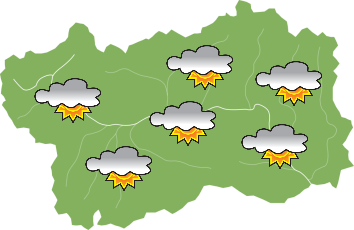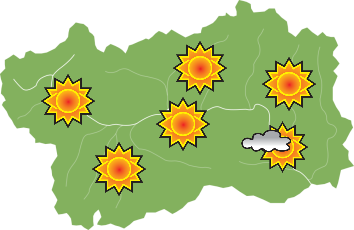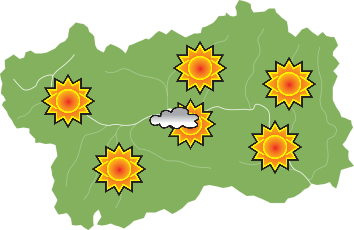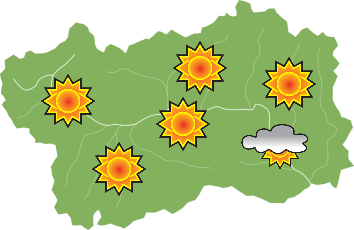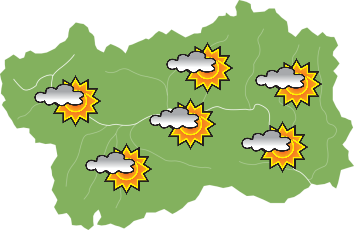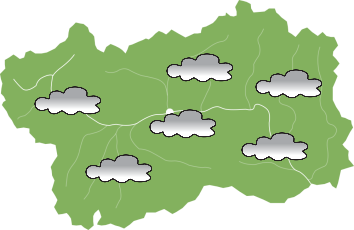This monument is situated between via Sant’Anselmo and via Porta Praetoria.
Situated on the eastern section of the walls, it provided the main access to the city of Augusta Praetoria, built in 25 B.C. after the defeat of the Salassians by Terenzio Varrone.
It had three openings, which are still visible today: the central one for carriages and the side openings for pedestrians. The area inside the openings was used as a troop parade court, in its southern section, the land was dug up as far as the level of the ground during the Roman era (approximately two metres below the current level - the difference in height is due to the debris transported by river floods). On the outer facing openings you can still see the grooves from where the gates were lowered at night.
The eastern facade still has some of the marble slabs that once covered the entire monument, on the inside it consists of blocks of puddingstone.
In the Middle Ages, on the top of the monument in correspondence with the ancient patrol walkway, a chapel dedicated to the Holy Trinity was built, from which the Porta Praetoria itself also took its name for several centuries. Following the demolition of the chapel in 1926, an ancient oratory against the eastern side of the door was restored (now only a niche remains).





